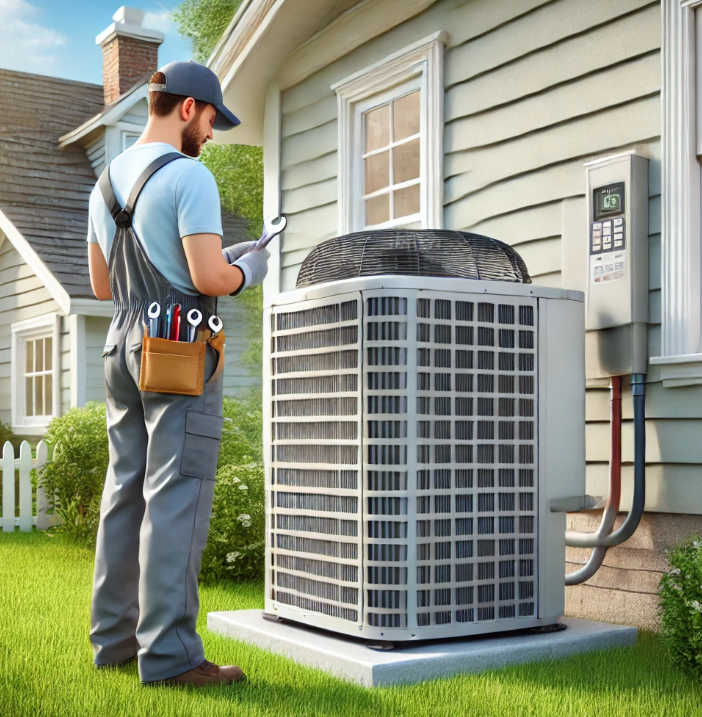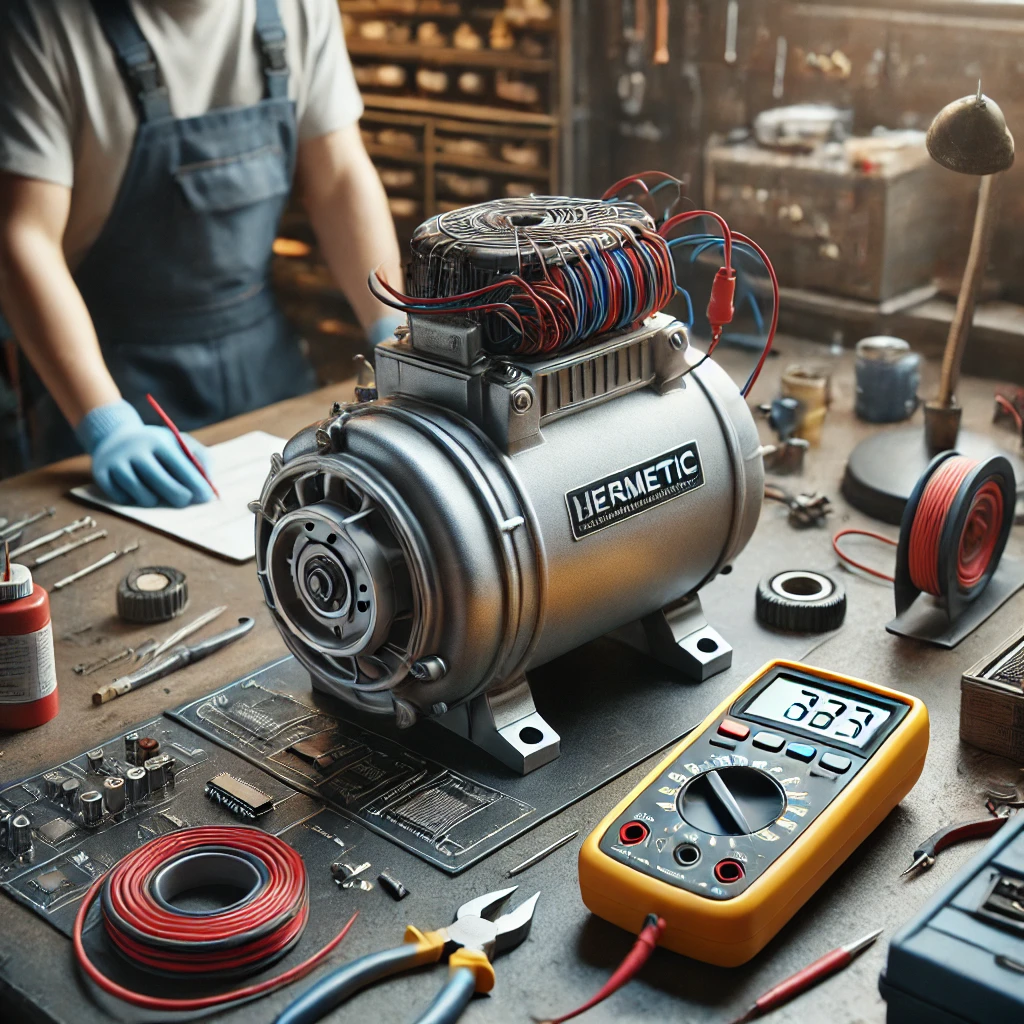NEWS
India’s Quality Leap in Cooling Technology: Amendment to the Air Conditioner and Hermetic Compressor QCO, 2025
A Comprehensive Overview
The enforcement of quality control measures in India has seen remarkable progress since the enactment of the Bureau of Indian Standards (BIS) Act in 2016. One of the key initiatives under this act was the issuance of Quality Control Orders (QCOs) to regulate essential consumer and industrial goods. Among the major QCOs issued was the 2019 Order covering air conditioners, hermetic compressors, and temperature sensing controls. This step was taken to ensure that only high-quality, efficient, and safe products are made available to consumers in the Indian market. The HVAC (Heating, Ventilation, and Air Conditioning) industry, being a critical component of modern infrastructure, directly impacts energy consumption, indoor air quality, and safety. Hence, imposing mandatory compliance with BIS standards was a move not only for consumer protection but also to support environmental and industrial policies.
Products Covered
The 2019 QCO and its subsequent amendments, including the 2025 update, govern several key components used in air conditioning and refrigeration systems. The components specifically covered include:
– Hermetic Compressors: These are sealed compressors that play a critical role in the functioning of refrigeration and air conditioning systems. Ensuring their efficiency and reliability is crucial for both performance and safety.
– Temperature Sensing Controls: These devices monitor and regulate temperature within cooling systems, impacting overall system responsiveness and energy efficiency.
– Additional Related Parts: Any auxiliary parts directly connected to the operation of HVAC systems also fall under the QCO purview.
These components must conform to relevant Indian Standards (IS) as specified by the BIS, ensuring consistency, interoperability, and consumer satisfaction.

Exemptions Provided
In order to maintain a balanced approach towards regulation, the 2025 amendment introduces a temporary exemption aimed at reducing compliance pressure on smaller players and niche manufacturers. The key provisions include:
– Hermetic compressors with a rated capacity of up to 2 TR (Tons of Refrigeration), which equates to approximately 7000 Watts, are exempt from mandatory BIS certification.
– This exemption is valid for a duration of one year from the commencement of the amendment.
– It applies only to manufacturers producing air conditioning and refrigeration equipment for actual internal use, not for resale or distribution.
The exemption is particularly beneficial for Micro, Small, and Medium Enterprises (MSMEs) who may face technical, financial, or infrastructural challenges in immediate compliance. It provides them with a transition window to upgrade processes and initiate certification while continuing operations.

Timelines for Implementation
The amendment was officially notified in the Gazette of India on April 17, 2025, marking its enforcement date. As per the amendment:
– The Order comes into immediate effect from the date of publication.
– The exemption related to hermetic compressors of up to 2 TR will remain valid for one year, i.e., until April 17, 2026.
During this period, all eligible manufacturers availing of the exemption are expected to make arrangements for full compliance post-expiry. The BIS and concerned authorities will be monitoring industry readiness and may issue further guidelines closer to the exemption’s end date.
Next Steps for Manufacturers and Importers
In light of the amendment, manufacturers and importers must take proactive steps to ensure regulatory alignment. Suggested actions include:
– Immediately assess whether their products fall under the exemption criteria and maintain documentation of ‘actual user’ status.
– Initiate testing and certification procedures with BIS for products not covered under the exemption.
– Prepare for audits and inspections by aligning production processes and quality assurance systems with the prescribed standards.
– Engage with industry associations, legal experts, and certification consultants to stay updated on compliance procedures.
Importers should ensure that all foreign-sourced components are accompanied by the necessary test certificates and comply with Indian standards to avoid detention or penalties at customs checkpoints.
Conclusion
The 2025 amendment to the Air Conditioner and Hermetic Compressor QCO illustrates the government’s nuanced understanding of industry dynamics. While maintaining the rigor of mandatory certification, it extends a supportive hand to players who are still scaling up their capabilities. This dual approach not only ensures consumer safety and product reliability but also supports industrial development in alignment with national goals like ‘Make in India’ and ‘Atmanirbhar Bharat’. Looking ahead, such reforms will help position India as a global hub for certified, high-quality, and energy-efficient HVAC solutions.

